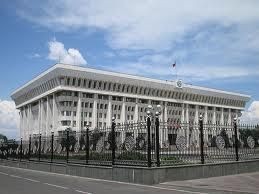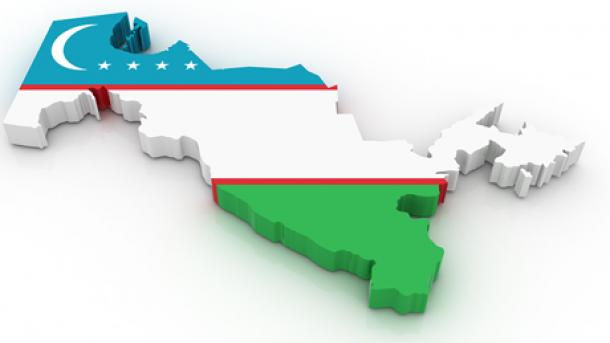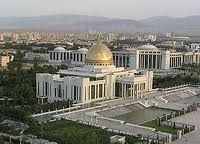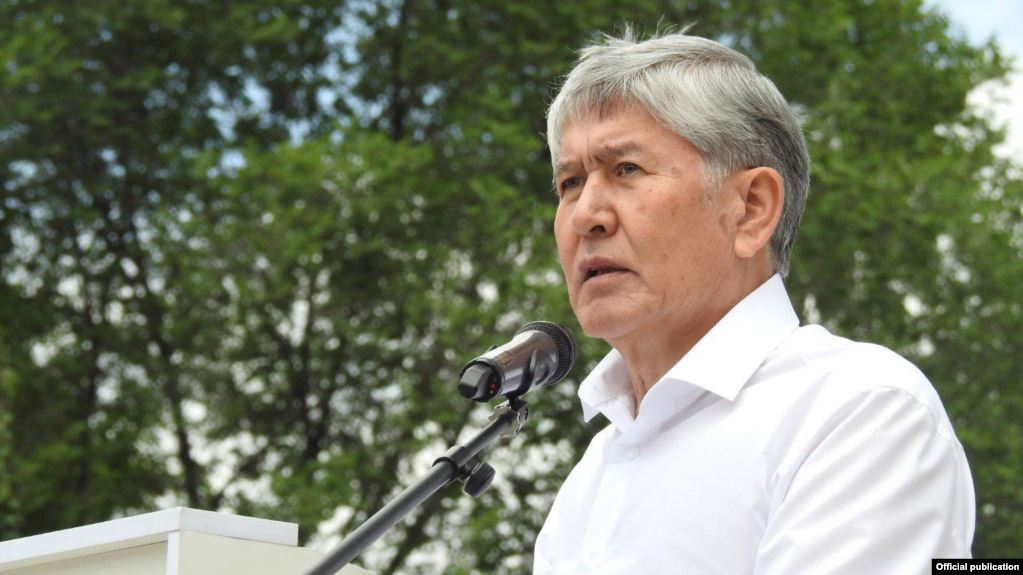BISHKEK (TCA) — The political parties system in Kyrgyzstan is still young and immature — with politicians and wealthy people often joining, and changing, this or that party for their personal, often commercial, interests. The incumbent President Atambayev has previously spoken for reducing the number of political parties in Kyrgyzstan’s parliament down to 2-3. And still, as the country heads for a presidential election, Atambayev’s own party has no unity in picking a single candidate. We are republishing this article on the issue, originally published by EurasiaNet.org:
In the most recent clarification of his retirement plans, Kyrgyzstan’s outgoing president Almazbek Atambayev told journalists he would “remain in politics” to lead a reorganization of his ruling Social Democratic Party of Kyrgyzstan, or SDPK.
If recent indications of factional strife within the party are anything to go by, he will have his work cut out for him.
SDPK is the only Kyrgyz party to feature in every government coalition since a bloody uprising in 2010 catapulted Atambayev to power. Nevertheless, it appears to be wilting in anticipation of presidential elections slated for October 15.
Officially the party has put forward only one candidate, Prime Minister Sooronbai Jeenbekov. That decision, taken by the party’s political council in May, is expected to be re-confirmed at SDPK’s congress July 15. Atambayev loyalist Jeenbekov has yet to post his candidacy with the country’s Central Election Commission, which has registered more than two dozen contenders at present.
But support within the party for the Jeenbekov nomination seems sorely lacking.
The boldest statement of internal opposition so far has come from parliamentary speaker and former SDPK party head Chynybai Tursunbekov, who announced his intention to compete in the vote as an independent candidate June 30.
Compounding suspicions of a mutiny, SDPK’s leader in parliament, Isa Omurkulov, made a conspicuous appearance at a campaign rollout for Jeenbekov’s main rival for the post, Omurbek Babanov, the following day.
And Omurkulov was not just a regular attendee at the event held in Bishkek’s main concert hall, which was packed to the rafters with political dignitaries from different backgrounds. Rather he was pictured seated on Babanov’s right-hand side, wearing a yellow tie matching that worn by the business magnate.
“Ties speak,” former journalist and political commentator Azamat Tynayev wrote mischievously on Twitter.
Alone, these events would be indicative of a serious split within the party. But another hammer blow arrived on July 10 when Renat Samuddinov, the leader of the party’s youth wing, called for a US-style party primary to select SDPK’s presidential candidate, thereby implicitly rejecting Jeenbekov’s nomination.
Samuddinov also complained of a communications specialist from Russia “trying to manage (the party’s) internal processes.”
While Omurkulov is reputedly a long-time friend of Atambayev’s, it is perhaps not surprising that he and Tursunbekov have demonstratively failed to fall in behind Jeenbekov.
Both men have made significant contributions to the SDPK cause, likely not just politically, but financially as well. Products of a political scene saturated by egos, they might both have assumed that they deserved the nomination themselves.
But Samuddinov’s insubordination sets a worrying precedent.
In Kyrgyz politics, the role of youth wings does not serve, as might be expected, to ensure that the party hierarchy hears the voice of the young and to periodically refresh its ranks. Instead, they are a key part of the party machinery and vital to its work getting the vote out among students, social media users and other groups of young people.
Perhaps for this reason, Samuddinov was questioned by police in relationship to property owned by his family just a day after local media published his comments. He was later released.
The abundance of political intrigue has added some spice to the likely announcement of one of the blandest presidential candidacies in the country’s history.
On becoming prime minister last year, Jeenbekov admitted that he had “never even dreamed” of reaching the post.
The presidential nomination seems to have been similarly thrust on him by a party, which, despite seven years in power, has failed to cultivate an obvious heir to Atambayev.
Whatever the outcome of the upcoming party congress, it looks like SDPK’s road to October will be long and difficult.









